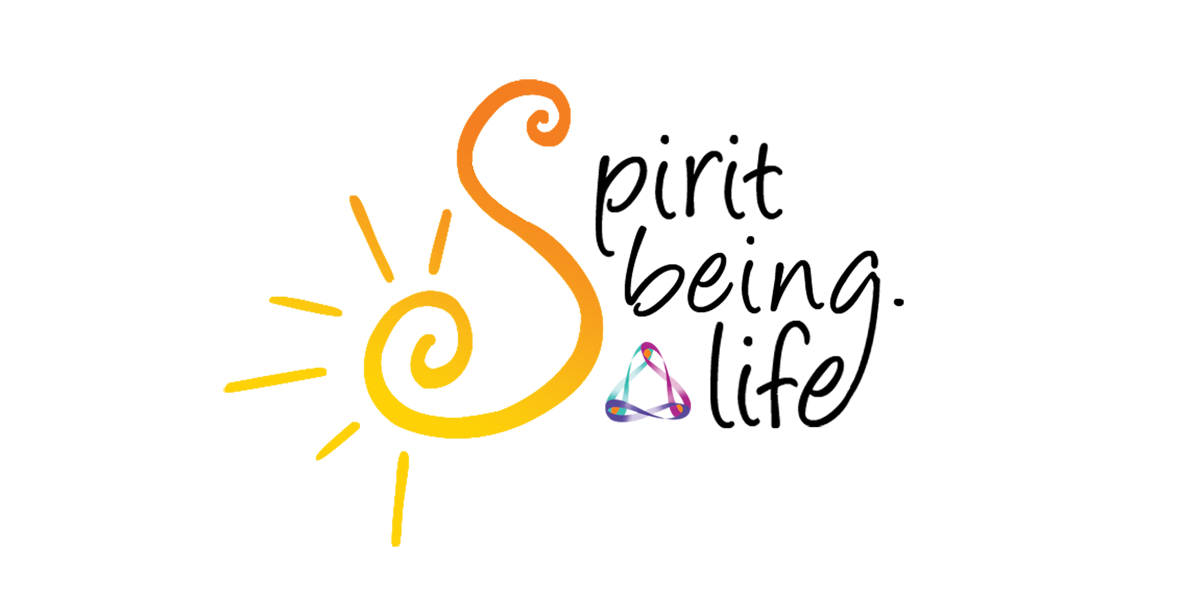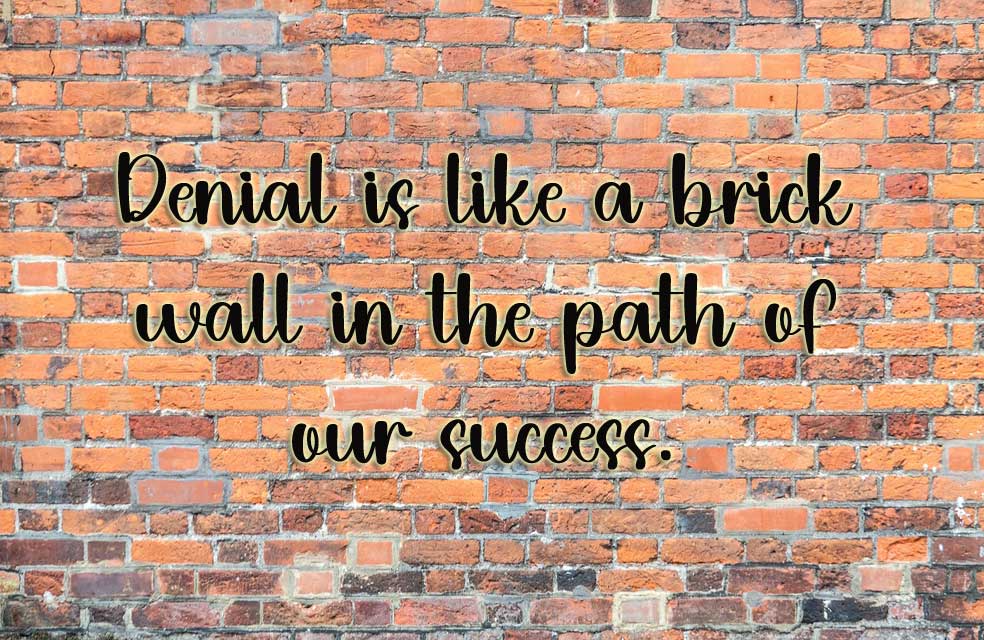Being criticized can be hard for most people to take. Acknowledging our weaknesses, recognizing our errors, and facing the impact of our actions on others can be challenging. It requires humility, self-reflection, and a willingness to learn and grow.
Denial and projection, often shield us from facing uncomfortable truths. When confronted with challenges or personal responsibility, it’s tempting to shift blame elsewhere. It’s someone or something else that is causing the problem. Instead of introspection, we point fingers at external factors, absolving ourselves of accountability. In this way, we don’t have to do much to change, we can relieve ourselves of any guilt and we can stay in our comfort zones. After all, it does take work to change and habits can be hard to break.
Although this may be the easy road to take, it doesn’t pay off in the long run. If we don’t admit to ourselves that we made mistakes and that we may need to change destructive behaviours, feelings or actions, this can lead to relationship and communication breakdowns, and the erosion of trust. Not to mention, staying in negative comfort zones can also mean repeating the same destructive patterns that created undesirable circumstances to begin with.
Everything in life stems from the way we think and feel in the moment and what we project into the future via our expectations. Many of these thought and emotional patterns are habitual, and most of them are derived from our childhood when our subconscious minds and our beliefs about ourselves were shaped and moulded by our caregivers. Before we were 6 years old, our brain wave state was mostly in theta, which means our brains were highly impressionable and open to suggestion.1 Our mind was in a state of acceptance, not capable of filtering out or discerning negative suggestions from others.
So, it makes sense that if our lives are less than happy at times, the cause will always stem from habits and early learning patterns. Hence, there must be something in ourselves; our thoughts, feelings, patterns and behaviors that need to change. Ultimately, we can’t blame anybody else for our circumstances because, in the end, we all create our realities.
Taking full responsibility and listening to criticism is liberating. It means we can move forward and make positive changes. Denial is like the brick wall in the path of our success. If we stay in denial by blaming something outside of ourselves, we are only staying in the same patterns that caused the situation/s to begin with.
Denial is like the brick wall in the path of our success.
Another way to look at things is that criticism can also come in the form of our day-to-day life experiences. Bad luck or bad circumstances are also like a teacher because our lives are like our mirrors, they reflect to us how we have been thinking and feeling.
We may not always be aware of our negative habits and patterns, but it can be very clear to others. This is where taking constructive criticism from somebody who wants you to win can benefit, but only if we don’t get upset or take ourselves personally. If we treat ourselves like a loving ‘science experiment’, we can then observe and improve ourselves much more successfully than if we feel bad about ourselves.
This is why it’s always wise to take constructive criticism.
Image by railyaal from Pixabay






